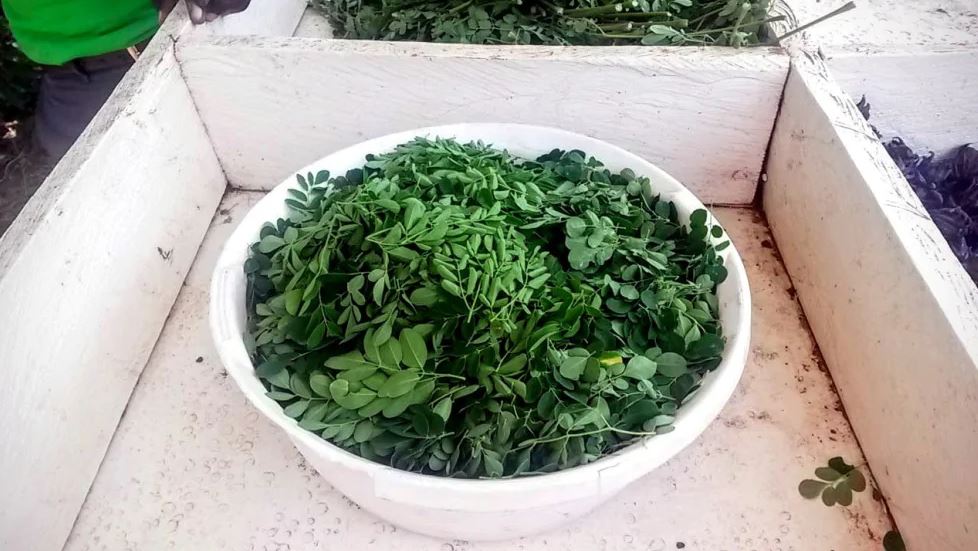
UC Davis studying the “Miracle Tree” that can help feed the world
Kuli Kuli is so proud to work with leading moringa researcher, Dr. Carrie Waterman, to better understand and share moringa’s many benefits. Dr. Waterman and other researchers at UC Davis are hard at work uncovering the science behind our favorite superfood, moringa.
Their amazing work was recently featured in the Washington Post as they study the full potential of this miraculous crop.
To learn more about the science behind why we love moringa so much, check out this short video by UC Davis featuring Dr. Waterman, Lisa Curtis – CEO & Founder of Kuli Kuli, and other moringa miracle makers:
“If there were a top 10 list of plants that are going to help feed the world over the next hundred years, I would say moringa should be on that list,” said Dr. Carrie Waterman, University of California, Davis, natural products chemist.
One of the moringa’s main superpowers is it’s nutritional density. Dr Waterman explains that moringa leaves contain 27 percent protein by dry weight which is one of the highest levels for any non-legume plant. Another contributor to this is moringa’s low water concentration of 80 percent – versus 90 to 95 for most common fruits and vegetables. There is more space for essential nutrients and vitamins such as vitamin A and C, calcium, zinc, iron, magnesium and potassium.
UC Davis is also studying the medicinal uses for moringa, such as reducing inflammation, delaying diabetes and fighting obesity and malnutrition.
Dr. Waterman believes moringa has the potential to be a strategic crop in the face of global warming and a growing population because it is drought tolerant and grows quickly in sandy soils. Also, moringa seeds have been used for water purification purposes as well as containing oil that can be used for biodiesel and beauty products.
For more information on one of the most nutritious plants on the planet, check out our blog post on the benefits of moringa.
Learn even more about Kuli Kuli’s Pure Organic Moringa Powder and how we can work together to nourish ourselves and nourish the world
(Photos courtesy of Dr. Carrie Waterman)









I’m wondering if moringa could grow in clay-like soils like we have in northwestern Tanzania.
Hi Johanna, yes, one of the beautiful things about moringa is that it can grow quickly in nearly any environment and is pretty low-maintenance. Check out our previous blog post on How to Grown Your Own Moringa Tree for a step-by-step guide on planting moringa.
Thanks,
Holly